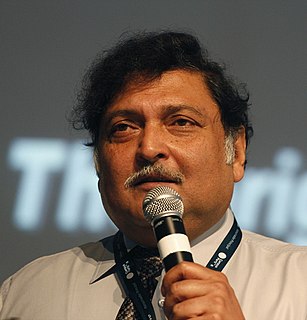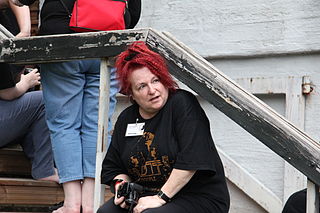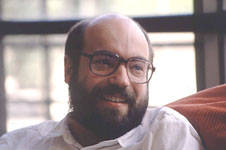A Quote by Craig Venter
Sometime in the future, I am a hundred percent certain scientists will sit down at a computer terminal, design what they want the organism to do, and build it.
Related Quotes
I wonder if any of them can tell from just looking at me that all I am is the sum total of my pain, a raw woundedness so extreme that it might be terminal. It might be terminal velocity, the speed of the sound of a girl falling down to a place from where she can't be retrieved. What if I am stuck down here for good?
You have to understand. I am no one special. I am just a single girl. I am five feet two inches tall and I am in-between in every way. But I have a secret. You can build walls all the way to the sky and I will find a way to fly above them. You can try to pin me down with a hundred thousand arms, but I will find a way to resist.
Right now, 70 percent of the people don't have computers. And where they're needed most, people don't have them. We think this will enable anyone to own a computer. We're aiming at everybody who uses a computer as an information access device. The original idea was to build one cheaply enough to put one on every desk.
For thirty years most interface design, and most comptuer design, has been headed down the path of the "dramatic" machine. Its highest idea is to make a computer so exciting, so wonderful, so interesting, that we never want to be without it. A less-traveled path I call the "invisible"; its highest idea is to make a computer so imbedded, so fitting, so natural, that we use it without even thinking about it.





































